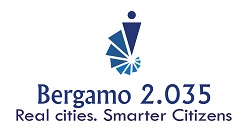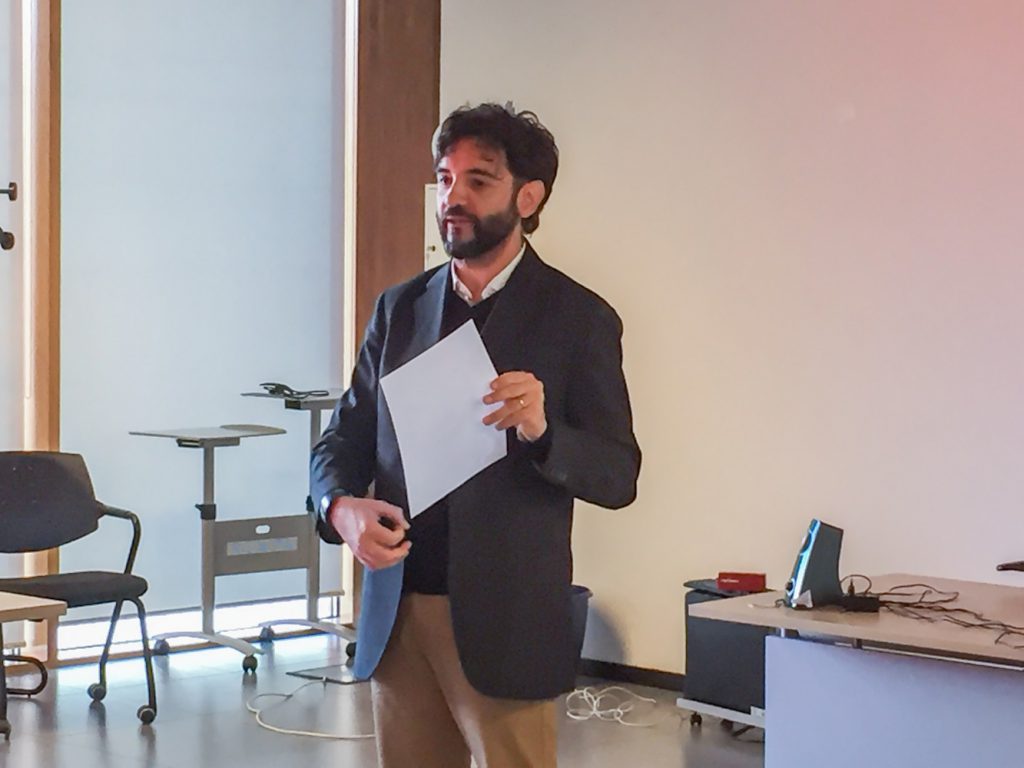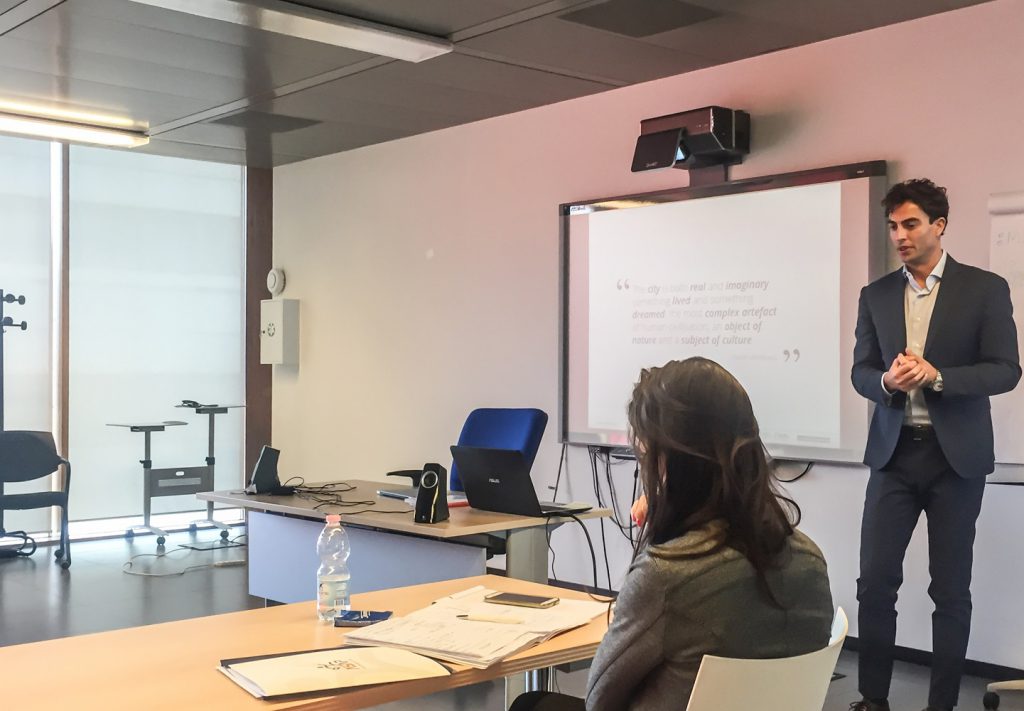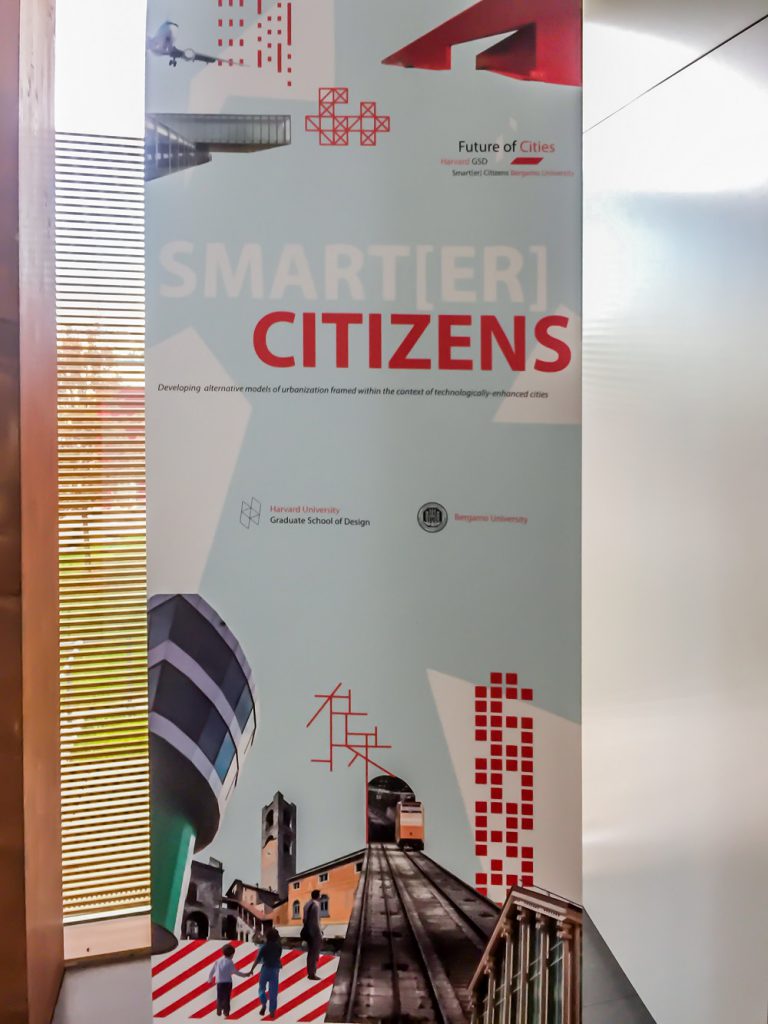Presentation of the “Responsive Environments: Digital/Physical Retail” course
by Unibg
10-11-2017 | Posted in Events, The Future of Shopping Events | 0 comments
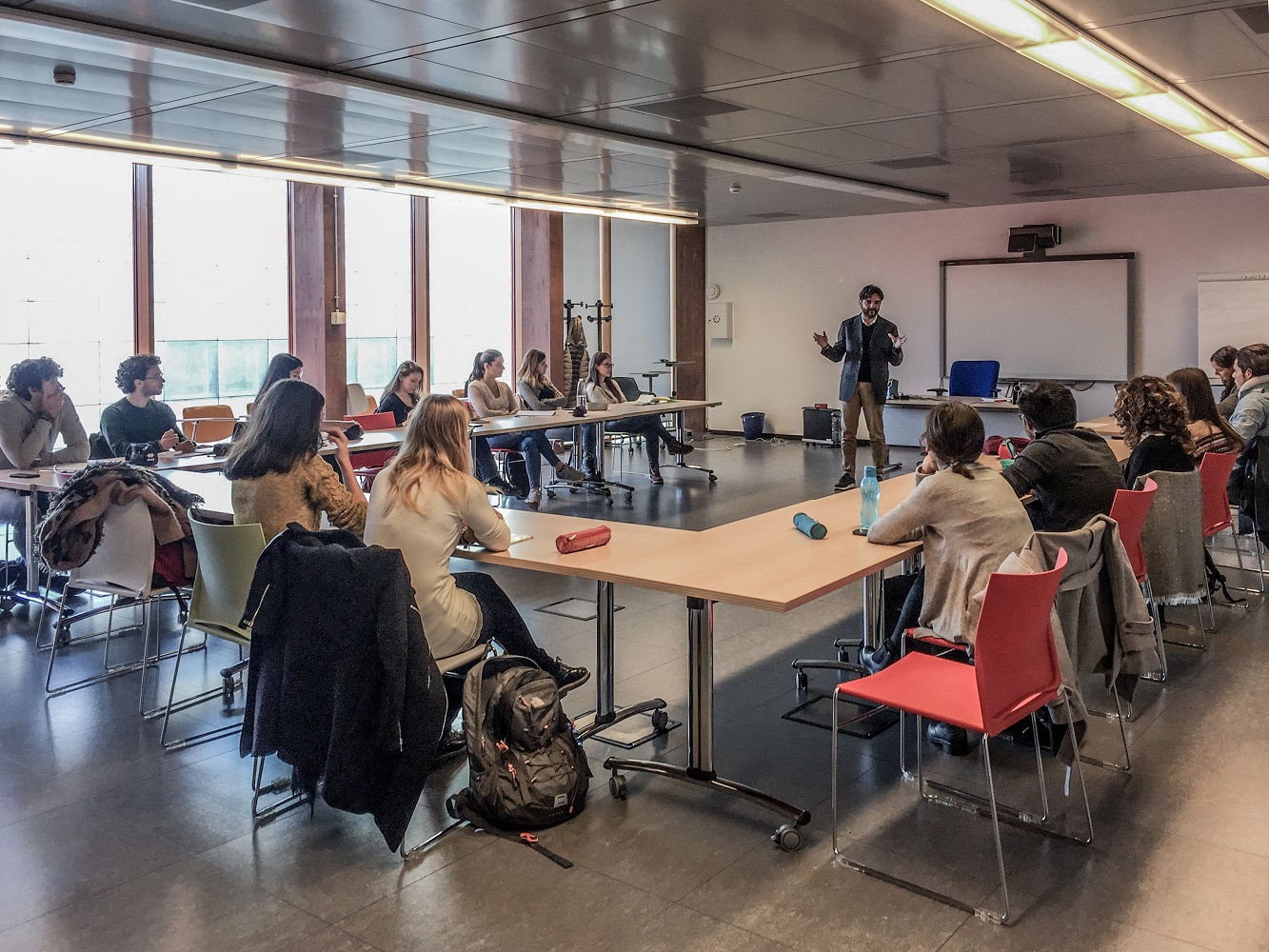
10th November 2017 – Today Roberto Pinto, University of Bergamo and Stefano Andreani, Harvard Graduate School of Design (GSD) welcomed the students at the Kilometro Rosso in Bergamo, and presented “Responsive Environments: Digital/Physical Retail” (2017-2018). The course is part of the Bergamo 2.035 | REAL Cities – Smarter Citizens, a multi-tier, multi-year academic collaboration between the University of Bergamo and the Harvard Graduate School of Design with the support of Fondazione Cav. Lav. Carlo Pesenti and the Municipality of Bergamo.
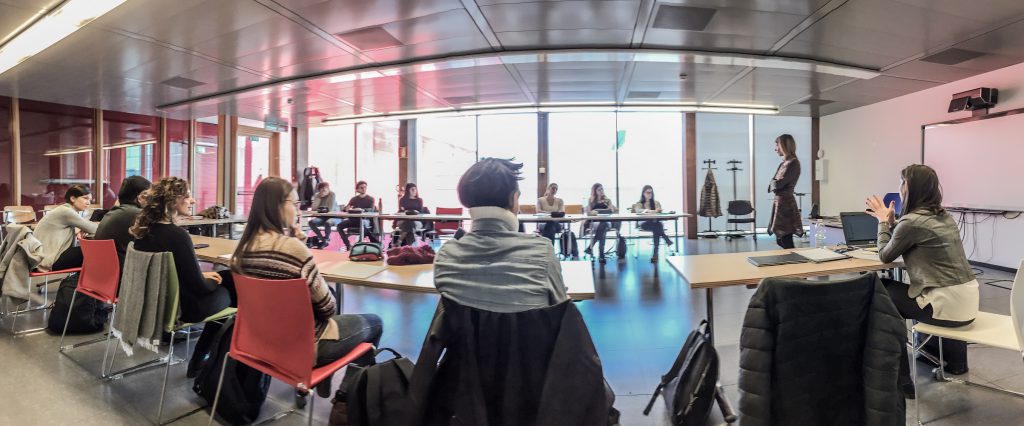
The course “Responsive Environments: Digital/Physical Retail” (2017-2018) is part of the Bergamo 2.035 | REAL Cities – Smarter Citizens, a multi-tier, multi-year academic collaboration between the University of Bergamo and the Harvard Graduate School of Design with the support of Fondazione Cav. Lav. Carlo Pesenti and the Municipality of Bergamo.
This year the main research topic is Digital/Physical Retail. The research pursued by the students will investigate the challenges related to the integration of digital technologies with physical spaces in the retail world, exploring both opportunities and repercussions in urban, commercial, and domestic contexts as well as on the experience of users in both tangible and virtual realms.
Through a comparative analysis of retail between the United States and Europe with literature reviews, case studies and field investigations, this research aims to study the history of retail, understand current dynamics, and—with a focus on the cities of Boston and Bergamo—ultimately propose innovative solutions at five different scales:
- In-store retail experience
- Urban stores and storefronts
- Domestic “smart” environments
- Mid-size shopping malls
- Mobile and hybrid platforms
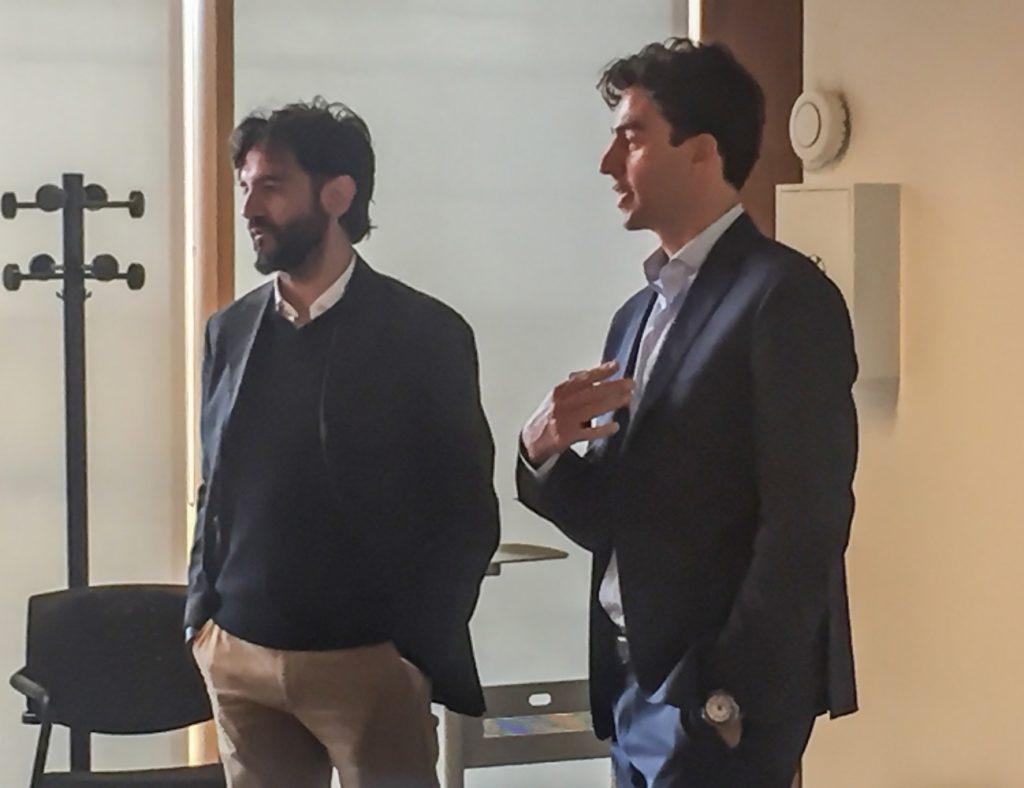
Roberto Pinto, University of Bergamo and Stefano Andreani, Harvard Graduate School of Design (GSD) presenting “Responsive Environments: Digital/Physical Retail” (2017-2018).
Course main topics
– DESIGN RESEARCH: overview of the interplay between design and research. Methods of pursuing novel research through design, and exploring innovative design through research. Examples and case studies from Harvard GSD complement the theoretical approach.
– DESIGN THINKING: study of design thinking methodologies, with the application of novel approaches to tackle problems at any scale and in any field. In fact, sometimes problems require new ways of thinking and interdisciplinary mindsets that will challenge conventions. Combining subjective analysis with objective data, reframing of business or design challenges by approaching them from alternative perspectives.
– HUMAN-CENTERED DESIGN AND USER EXPERIENCE: principles of user-centered design, with a focus on strategies to evaluate and envision user experiences from the standpoint of different typologies of individuals. Strategies include: user experience scenarios, persona studies, user journey design and simulations, and mockups.
– RESPONSIVE TECHNOLOGIES: opportunities and repercussions of the integration of new media, sensing and interactive technologies in cities, addressing the subject matters of technological longevity, dynamic adaptation and augmented realities.
